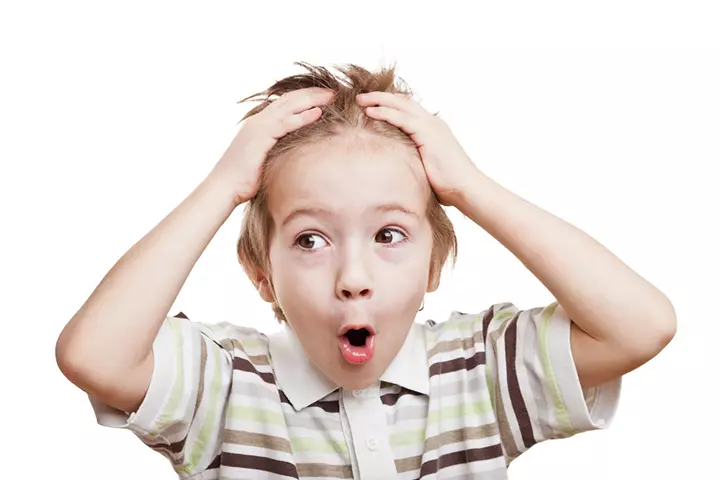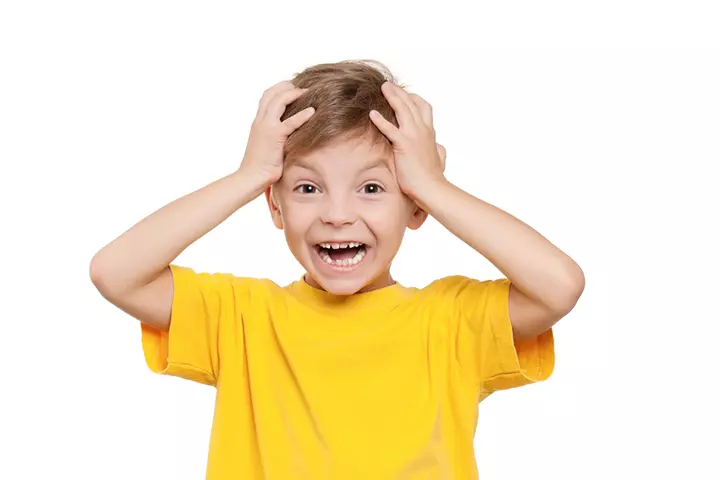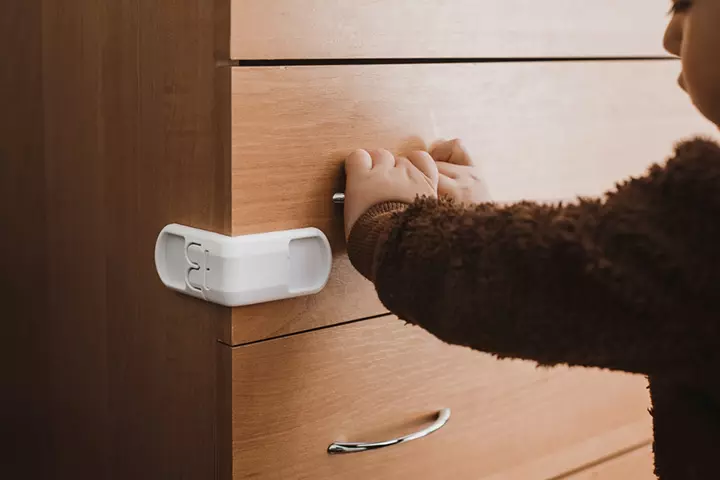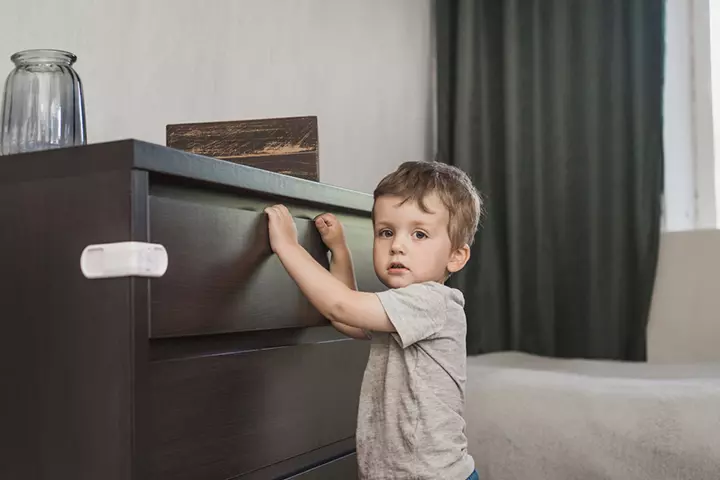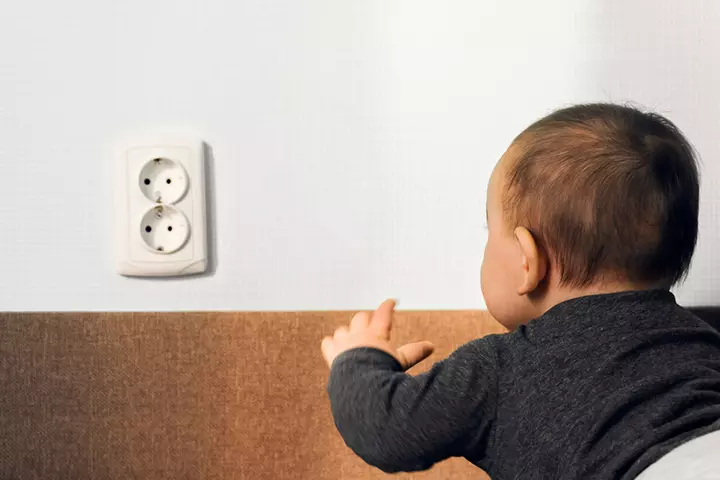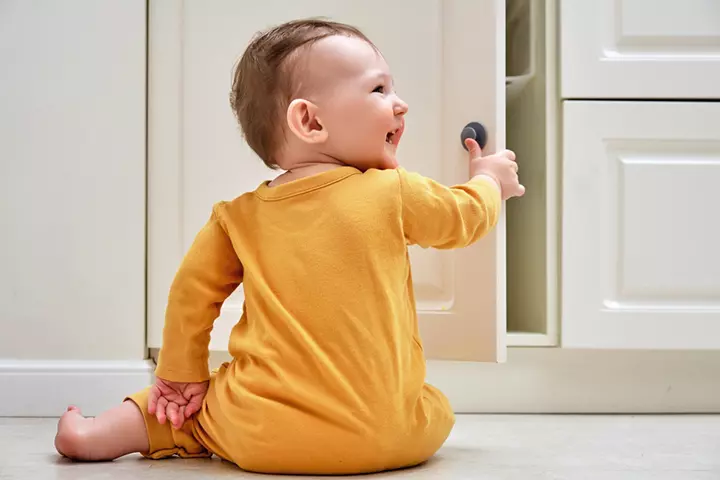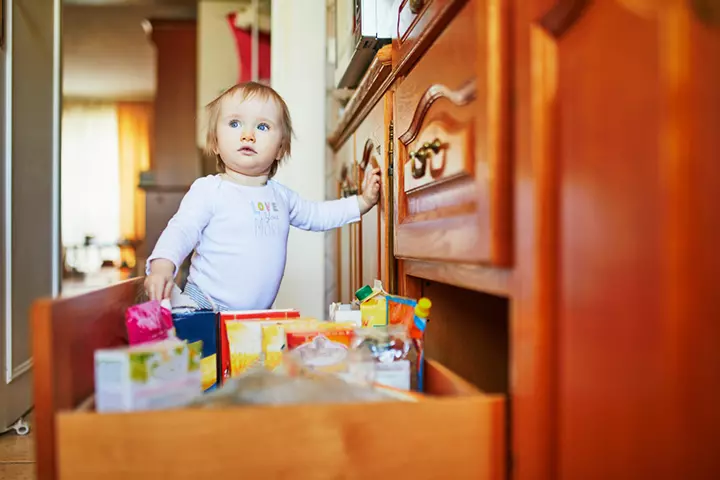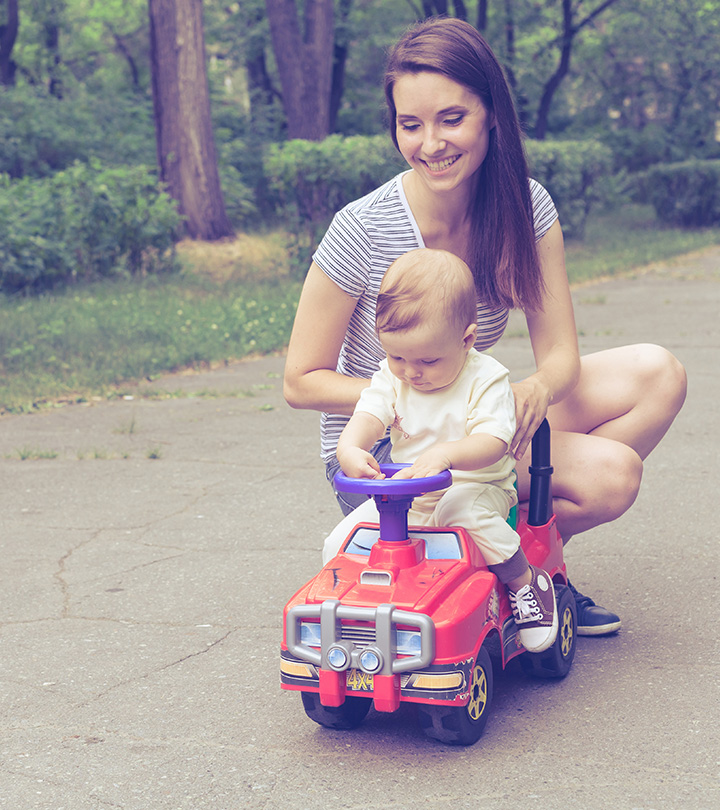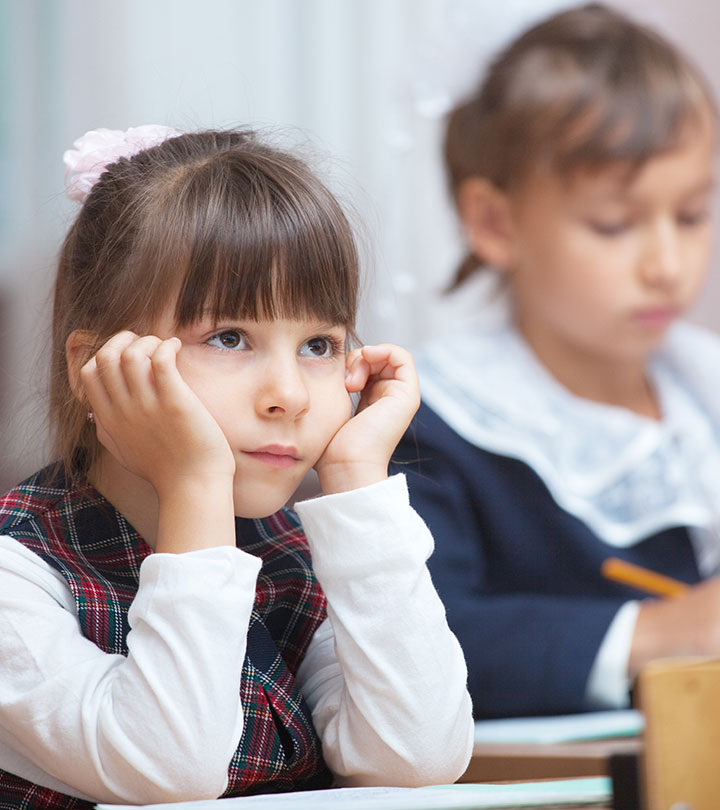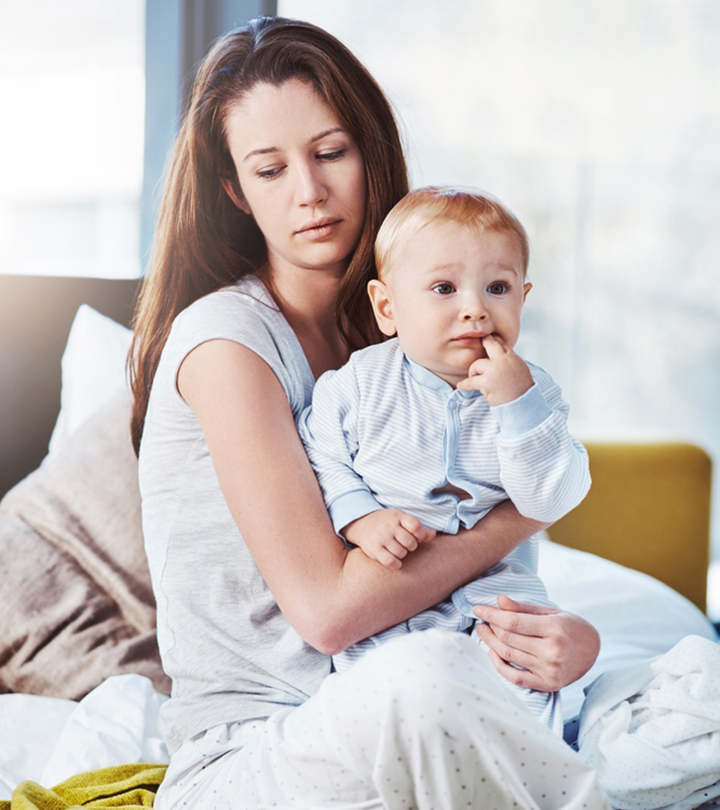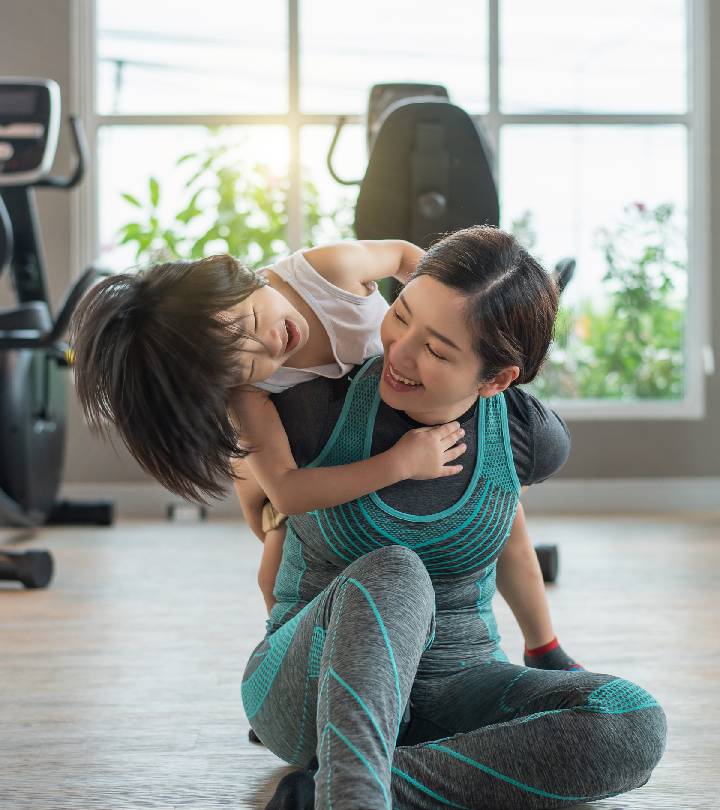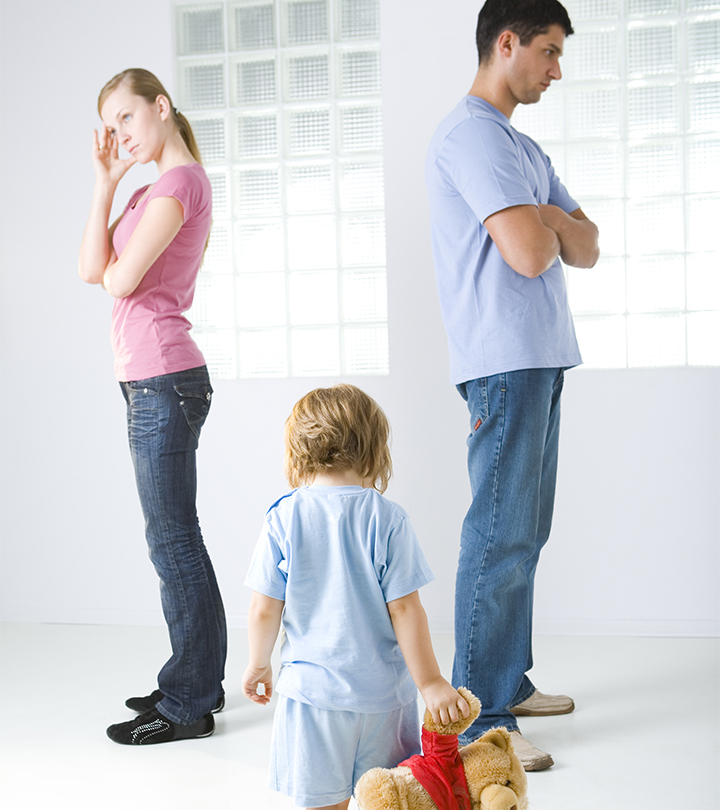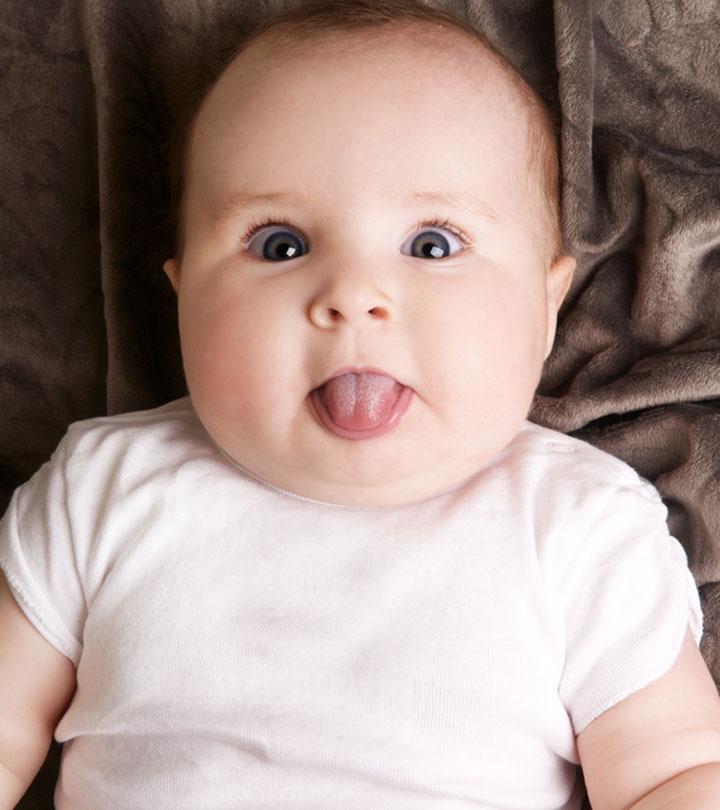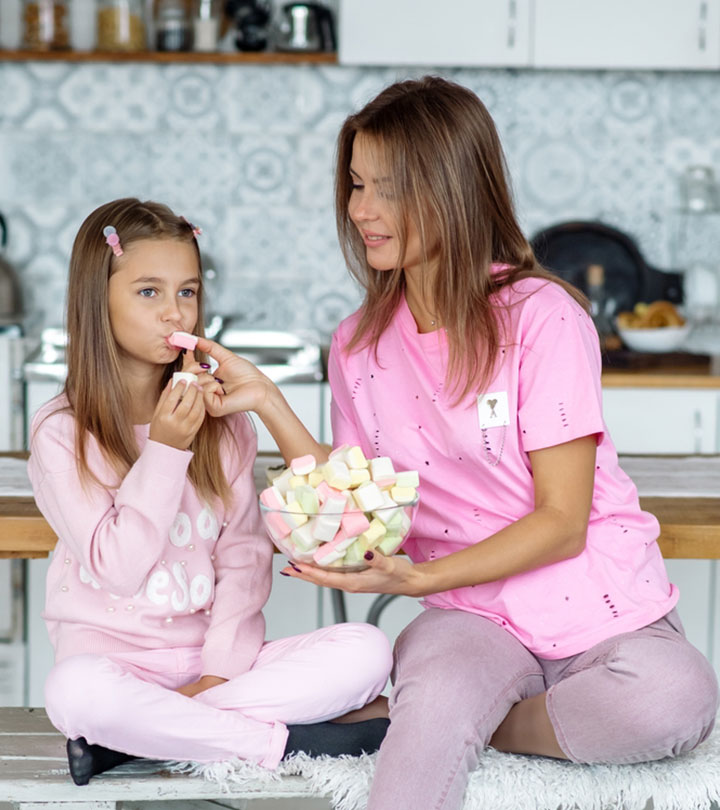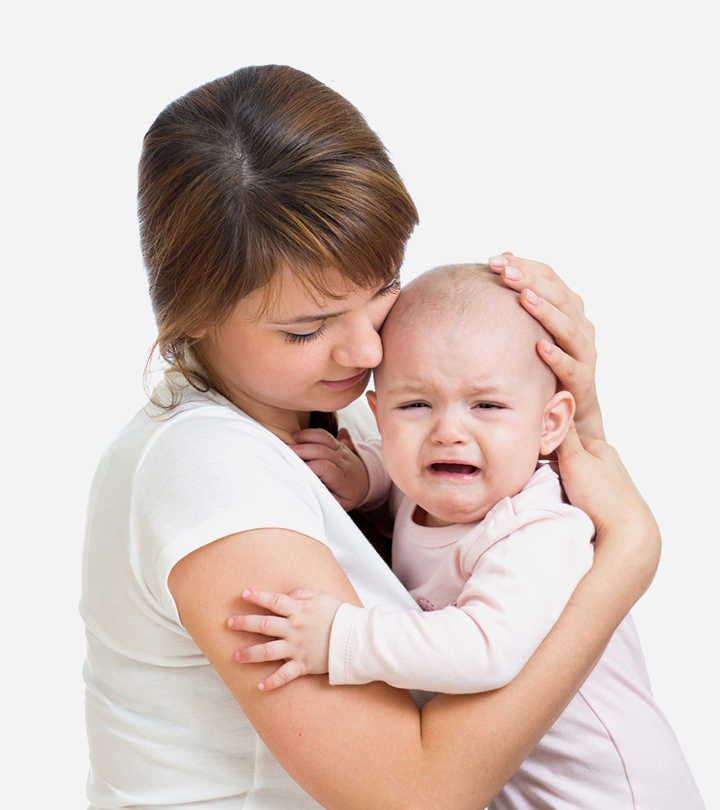
Image: Shutterstock
Hey there parents! We’ve all been there – that moment when you see your little one hitting themselves on the head, and it’s always unsettling to see your kids do that. It’s totally understandable if it’s got you a bit concerned. But fear not! We’re here to help unravel the mystery and figure out what might be behind this head-hitting habit. Together, we’ll explore more about this odd yet common habit and arm you with some practical tips to handle the situation with ease. So, take a deep breath, and let’s dive into decoding this parenting puzzle! Read on!
Understanding The Why
1. Attention-Seeking Behavior
Sometimes, when your little one feels a bit ignored, they might resort to hitting themselves on the head. It’s like a tiny signal saying, “Hey, look at me!” They crave attention, and this is their way of getting noticed.
2. Expressing Emotions
Kids are like little emotion factories, and hitting their heads might be their way of letting out feelings they can’t express verbally. Frustration, anger, or even excitement – it’s like their physical outlet for overwhelming emotions.
3. Testing Their Limits
Image: Shutterstock
Little explorers, right? Sometimes, hitting themselves is just a way for them to understand cause and effect. They do it once, notice the reaction, and it becomes a little experiment. It’s like their curious minds at work.
4. Imitating Behavior
Kids soak up everything around them. If they’ve seen someone, maybe even another child, hitting their head, they might imitate the behavior. It’s like their way of trying something new they’ve observed.
Preventing Head-Hitting Habits
Image: Shutterstock
Now, let’s talk about prevention. While it might seem puzzling, a few steps can help curb this head-hitting habit and keep your kiddo safe.
1. Increase Positive Attention
Shower your kiddo with positive attention when they’re behaving well. It’s like filling their attention cup, reducing the need for head-hitting as a cry for notice.
2. Teach Emotion Expressions
Since hitting might be their way of expressing emotions, teach them alternative ways to communicate. Encourage them to use words, draw, or even stomp their feet when they’re feeling overwhelmed.
3. Create A Safe Physical Outlet
Image: Shutterstock
Provide a safe space for physical activities. It’s like giving them an approved zone to release energy without resorting to head-hitting. Think mini trampolines, soft play areas, or safe wrestling with stuffed animals.
4. Model Calm Behavior
Kids imitate what they see. Show them how to handle frustration or stress calmly. It’s like giving them a playbook on dealing with emotions without resorting to self-hitting.
5. Offer Distractions
When you notice them gearing up for a head hit, offer a distraction. It could be a favorite toy, a funny dance, or even a quick game. Diverting their attention helps break the head-hitting cycle.
6. Stay Consistent With Limits
Image: Shutterstock
Set clear limits on hitting behaviors and stick to them. Consistency is key. If they know hitting is a no-go, it becomes a boundary they understand and respect.
7. Encourage Problem-Solving
Teach your kiddo problem-solving skills. When faced with a challenge, guide them on finding solutions instead of resorting to head-hitting. It’s like empowering them with coping strategies.
8. Offer Comfort And Reassurance
If head-hitting seems linked to emotions, offer comfort and reassurance. Sometimes, a hug or comforting words can be more effective in soothing their emotions than hitting their own heads.
9. Limit Exposure To Negative Behavior
Image: Shutterstock
If they’re imitating behavior they’ve seen, limit their exposure to negative actions. Monitor their surroundings and ensure they’re exposed to positive role models and behaviors.
10. Consult A Professional
If the head-hitting persists or becomes a concerning habit, don’t hesitate to consult a professional. A pediatrician or child psychologist can provide insights and guidance tailored to your child’s unique situation.
11. Create Predictable Routines
Create a predictable daily schedule for meals, play, and bedtime for your little one. Knowing what comes next provides a sense of stability, reducing stress that might trigger head-hitting.
12. Celebrate Positive Behavior
Image: Shutterstock
Reinforce positive behavior with praise and rewards. When they handle situations without resorting to head-hitting, acknowledge their efforts. Positive reinforcement encourages them to choose alternative behaviors.
13. Stay Patient And Understanding
Remember, change takes time. Stay patient and understanding as you work together to overcome the head-hitting habit. Consistent support and positive reinforcement will make a difference.
14. Seek Support From Other Parents
Connect with other parents who may have faced similar challenges. Share experiences, tips, and support. Sometimes, a chat with someone who’s been there can offer valuable insights and encouragement.
15. Celebrate Progress
Image: Shutterstock
Celebrate small victories. If there’s a reduction in head-hitting incidents, acknowledge the progress. Positive reinforcement boosts their confidence and motivates them to continue making positive choices.
Dealing with your child’s head-hitting habits may feel puzzling, but with a combination of understanding, proactive steps, and consistent support, you can guide them towards healthier ways of expressing themselves. Remember, you’re not alone in this parenting adventure!

